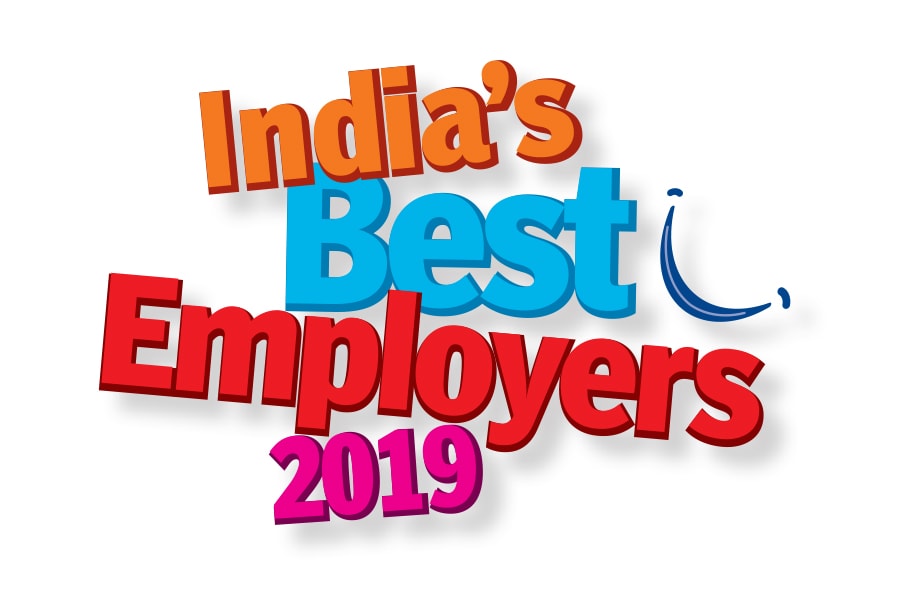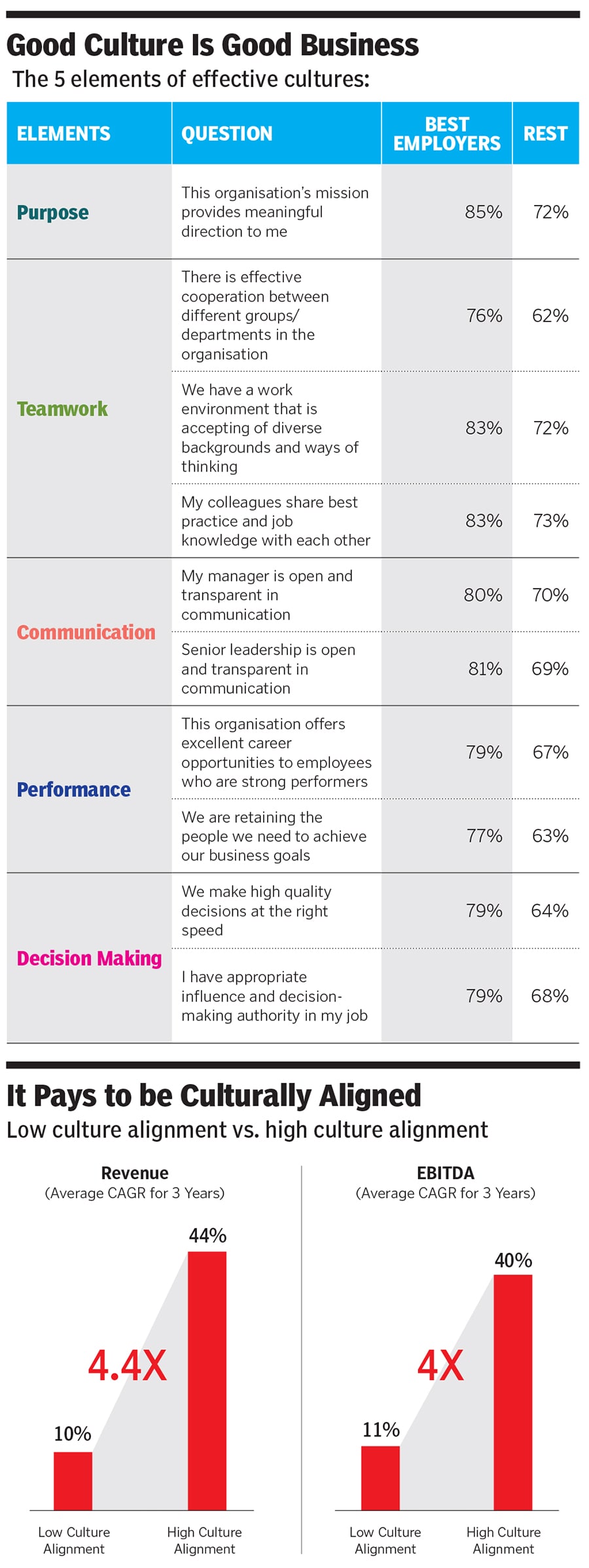India's Best Employers: The new 'I's in the organisation
In the coming decade, employers need to foster individuality and inclusion to be among the most sought-after


Once, people management was seen as the domain of human resources (HR) but, in the knowledge economy, it has increasingly become the primary concern for all stakeholders in the organisation.
Managing talent once involved acquiring talent, and then focusing on managing and motivating them. However, we foresee a clear shift now wherein organisations would have to respect the individuality of an employee and include them for what they bring to the table. This would entail taking care of their wellness, creating a supportive culture and fuelling them towards a greater sense of purpose and fulfilment. This is undoubtedly turning out to be the decade of the ‘individual’.Back in the day, systems, skills and spirit needed to be in sync to manage organisation success. The early years of the millennium introduced the system methods in managing employee aspirations and we saw considerable effort in building fair HR processes. There was transparency in performance, leading to rewards and variable pay, and possibilities of employee wealth creation. Now, these are a given.
Skills will constantly need investment and the rapid disruption of the old order brought in by nimble unicorns will require reskilling to create agile workforces. But it is the third great pillar of the intangible ‘spirit’ that will be the real differentiator in the years to come.
To thrive in the 2020s, organisations will need to reconfigure their talent lifecycle and deliver the employee experience in a manner that celebrates individual needs. The ability to grant choices, provide customisation and acknowledge individuality will be critical distinguishers.
The rising influence of social media has fostered the expression of individuality in a way we’ve never witnessed before. Firms have to learn to manage that, as they navigate the next decade, through an “all hands in” approach that underlines inclusivity and diversity. Top findings of the survey show that the perception of being an ‘Aon Best Employer’ is being influenced by this shift in the landscape.
Inclusion Is Key
Companies are yet to embrace diversity and inclusion in its truest form. Aon Best Employers, on the other hand, realise that diversity is not the end, but a means to a more just and more effective employee experience. While most companies ‘target’ inherent diversity (traits people are born with—gender, ethnicity etc), Aon Best Employers focus on ‘acquired’ diversity (traits gained from experiences). They acknowledge that merely hiring a person from a minority group is not the be all and end all. While other organisations spend disproportionate effort in tweaking their recruiting, hiring, and onboarding practices, Aon Best Employers go further and address the institutional biases that shape their company culture.
Aligning tech and touch
The next level of discord in employee experience arises from the organisations’ struggle to deliver on their promises. Aon Best Employers are aware of this misalignment and accordingly set expectations with employees—83 percent of them deliver on their promises vis-à-vis 66 percent for the rest. That said, determining what to offer your employees is the job half done. The key here is knowing what employees need. The research points out that although the CEO, HR, and employees have overlapping priorities, the way organisations are curating employee experiences is a matter of concern.
A diverse workforce has varied needs, requiring diverse solutions. Aon Best Employers offer a spectrum of choices to personalise solutions for the masses, instead of the destined-to-fail one-size-fits-all approach. They also leverage technology for infusing personalisation and striking the right balance between technology and touch inputs.
&bull High Tech: 84 percent employees at Aon Best Employers feel they have the right technology to enable them vs only 68 percent from other organisations.
&bull High Touch: Aon Best Employers also ensure higher levels of senior leadership connect (85 percent vs 68 percent among the rest) and manager support (84 percent vs 73 percent among the rest).
Call out your culture
Focus on celebrating the individual through customised employee experiences entails a shift in the lens from ‘We’ to ‘I’, from organisation to individuals. Yet it’s important to have a culture that brings together all that’s needed for the organisation to deliver on its strategy effectively.
Aon Best Employer CEOs hold themselves more accountable in creating an effective culture, even as they work on high engagement and effective people practices (CEOs of only 38 percent of Aon Best Employers state that their organisations have a defined culture, as opposed to 55 percent of the rest).
Good Culture Is Good Business
Organisations that have been voted Aon Best Employers (more than once in the last five years) have witnessed a 2.6X total shareholder return as compared to the market. This is enough to prove that an aligned culture drives business outcome.
Our research shows that three things matter while creating a strong culture within an organisation:
Senior Leadership: They have the greatest relative impact on creating a high-performance culture. People Programmes: They play two vital cultural roles: Developing talent through career and learning opportunities and motivating through rewards systems.
Enabling Infrastructure: Institute the right processes, policies, structure, and technology to enable people to do what is expected of them. The highest-impact item here is providing employees with the tools and resources required to perform effectively and efficiently.
Moving forward, the Aon Best Employer programme will be offered by Kincentric, a Spencer Stuart company, as a result of Aon’s divestiture of this business.
Raswinder Jit Singh is senior consultant and Ankit Abrol project manager, AON Best Employers India
First Published: Aug 02, 2019, 11:26
Subscribe Now
